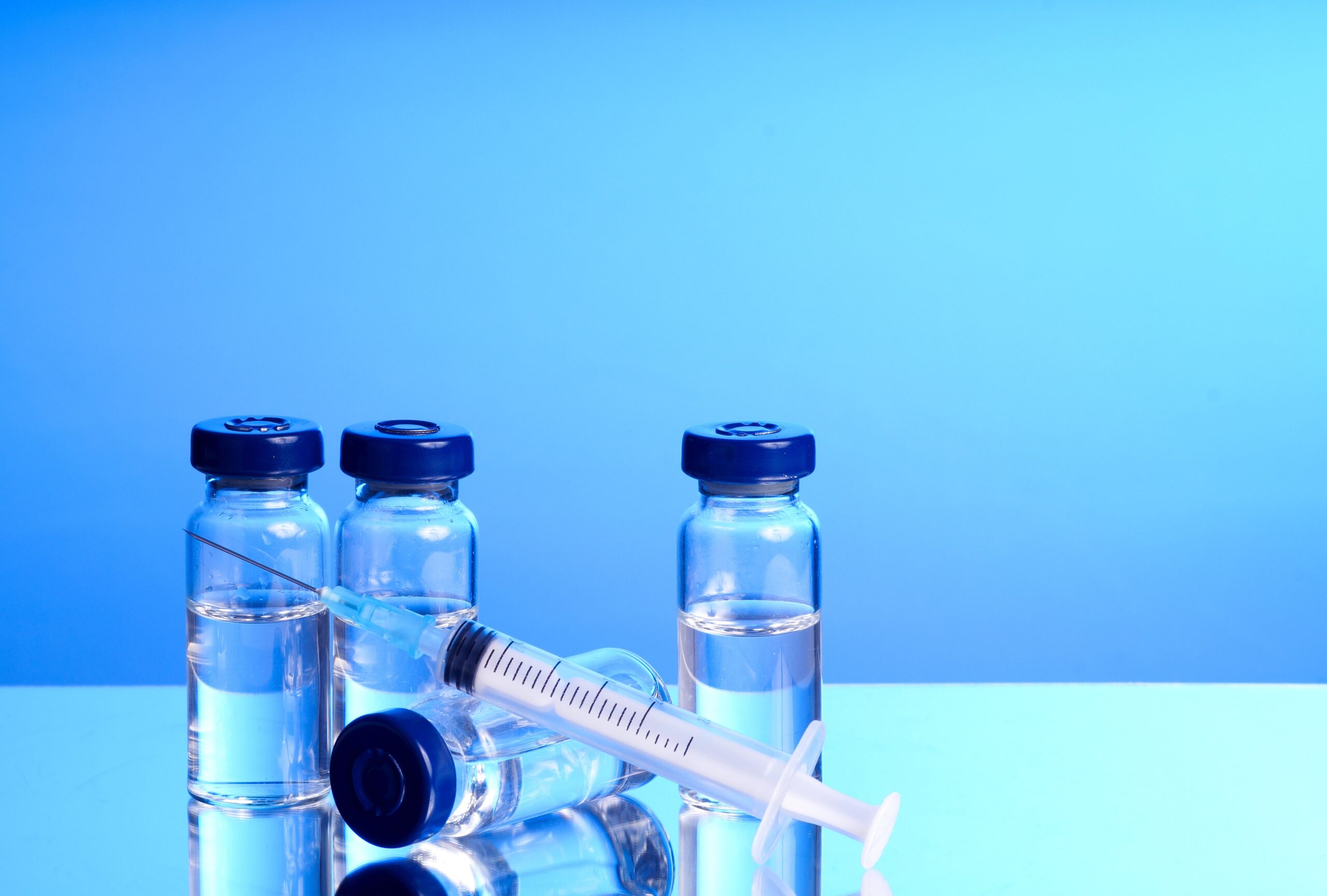Eli Lilly has launched a new way for patients to access its popular weight loss drug, Zepbound® (tirzepatide). The company now offers single-dose vials at a discounted price through its self-pay pharmacy channel. With rising demand for glucagon-like peptide-1 (GLP-1) drugs like Zepbound, Lilly’s move addresses both the need for broader access and a solution to ongoing supply chain issues.

A More Affordable Option
The single-dose vials are available to people with valid prescriptions. They are priced significantly lower than the autoinjector pens, which have been the standard delivery method and are listed at over $1,000 monthly. By contrast, a four-week supply of the single-dose 2.5 mg vials costs $399, while the 5.0 mg dose costs $549 monthly. These prices make the drug more accessible to patients without insurance coverage. Lilly’s online service, LillyDirect, will handle distribution.
Easing Supply Chain Issues
Lilly has struggled to meet the growing demand for Zepbound. Supply shortages have left many patients unable to access the medication, but the new formulation “opens up a node of the most constrained part of the supply chain,” said CEO David Ricks. By adding the vials, Lilly can increase production capacity and make it easier for patients to fill their prescriptions.
This move also offers Lilly a way to compete against telehealth companies that have been producing compounded versions of the drug. These compounded alternatives are often sold at a much lower price and have not been studied in clinical trials, raising concerns about safety and efficacy. Lilly’s direct-to-patient distribution ensures that patients receive genuine medication backed by a multi-step verification process to confirm that their prescriptions are valid. “Distributing the vials via this channel ensures patients and providers can trust they are receiving genuine Lilly medicine,” the company stated in a press release.
Tackling a Chronic Condition
Obesity has long been misunderstood and undertreated as a chronic illness. The release of Zepbound’s new vial formulation marks a step toward addressing this gap. “People living with obesity have long been denied access to the essential treatment and care needed to manage this serious chronic disease,” said James Zervos, chief operating officer of the Obesity Action Coalition. He commended Lilly’s decision, emphasizing the importance of expanding access to obesity treatments.
Zepbound works by activating both glucose-dependent insulinotropic polypeptide (GIP) and GLP-1 receptors, reducing appetite and helping patients lose weight when combined with a healthy diet and exercise. In a clinical trial, patients taking the 5 mg dose lost an average of 15% of their body weight over 72 weeks, compared to 3.1% weight loss observed in the placebo group. Zepbound is currently available for adults with obesity or those who are overweight and have weight-related medical conditions.
Lilly’s efforts to make Zepbound more affordable and accessible are a significant step forward, but challenges remain. The 2.5 mg and 5 mg doses available in the vials are less potent than the higher doses available in autoinjectors, which can limit their effectiveness for some patients. Nevertheless, this new option expands the available choices for people seeking treatment for obesity.
Looking Forward
In the face of rising healthcare costs, Lilly’s move signals a shift toward providing more affordable and accessible options for weight loss treatment. Zepbound’s single-dose vials may offer a lifeline to patients who have been priced out of treatment or who have been unable to access a reliable supply of medication due to shortages of the autoinjector pens. However, there is still much work to be done as policymakers, employers and insurers continue to debate the best way to cover and provide these essential medications.
Did you enjoy this blog post? Check out our other blog posts as well as related topics on our Webinar page.
QPS is a GLP- and GCP-compliant contract research organization (CRO) delivering the highest grade of discovery, preclinical and clinical drug research development services. Since 1995, it has grown from a tiny bioanalysis shop to a full-service CRO with 1,100+ employees in the US, Europe and Asia. Today, QPS offers expanded pharmaceutical contract R&D services with special expertise in pharmacology, DMPK, toxicology, bioanalysis, translational medicine, cell therapy (including PBMCs, leukopaks and cell therapy products) and clinical development. An award-winning leader focused on bioanalytics and clinical trials, QPS is known for proven quality standards, technical expertise, a flexible approach to research, client satisfaction and turnkey laboratories and facilities. Through continual enhancements in capacities and resources, QPS stands tall in its commitment to delivering superior quality, skilled performance and trusted service to its valued customers. For more information, visit www.qps.com or email info@qps.com.







